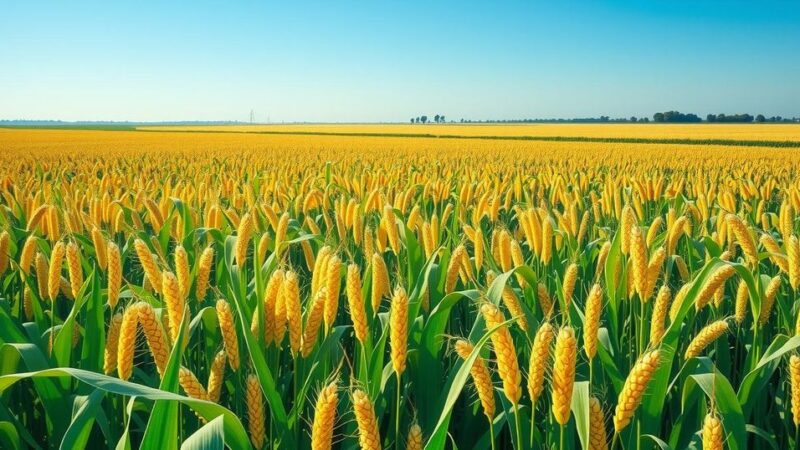Morocco is set to import more dates for Ramadan due to local production challenges caused by drought. The majority of dates in markets are sourced internationally, with Egypt being a key supplier. New agreements aim to strengthen the local date industry in light of decreasing domestic output and increasing consumer demand.
As Ramadan approaches, Morocco is preparing to import a greater quantity of dates to meet local demand. Reports indicate that this effort comes during a challenging agricultural season, exacerbated by inadequate rainfall compared to the past three decades. Minister of Agriculture Ahmed Bouari has highlighted these challenges, noting diminished cereal production and increased reliance on imports of staple goods.
A report by FreshPlaza found that the majority of dates available in Moroccan markets, particularly in Casablanca, are imported from abroad. With heightened consumer demand for dates before and during Ramadan, an importer remarked, “This year, we’re seeing even fewer Moroccan dates because of the drought in the main growing areas.”
Morocco’s date imports are not solely from Tunisia; the country also sources dates from Egypt, Saudi Arabia, and other regions. In 2022, Morocco became the world’s third largest importer of dates. To support domestic production, six new agreements were signed in October 2024, focusing on enhancing agricultural practices and innovation in the Drâa-Tafilalet region, Morocco’s primary area for date cultivation.
The Ministry of Agriculture reported that the estimated date production for the 2023-2024 season is approximately 115,000 tons. Dates are traditionally consumed in large quantities during Ramadan, where Moroccans typically break their fast with dates accompanied by milk or water. This year, Ramadan is expected to commence on March 1, contingent upon the sighting of the crescent moon, as confirmed by the Islamic Affairs Ministry.
In summary, Morocco faces significant challenges in its agricultural sector due to drought conditions, impacting local date production as Ramadan approaches. While the country has a strong tradition of date consumption during this holy month, it increasingly relies on imports from various countries, particularly Egypt and Tunisia. Efforts are underway to bolster local production through new agreements aimed at supporting farmers and improving agricultural practices, underscoring Morocco’s commitment to its date industry and cultural traditions.
Original Source: www.moroccoworldnews.com






